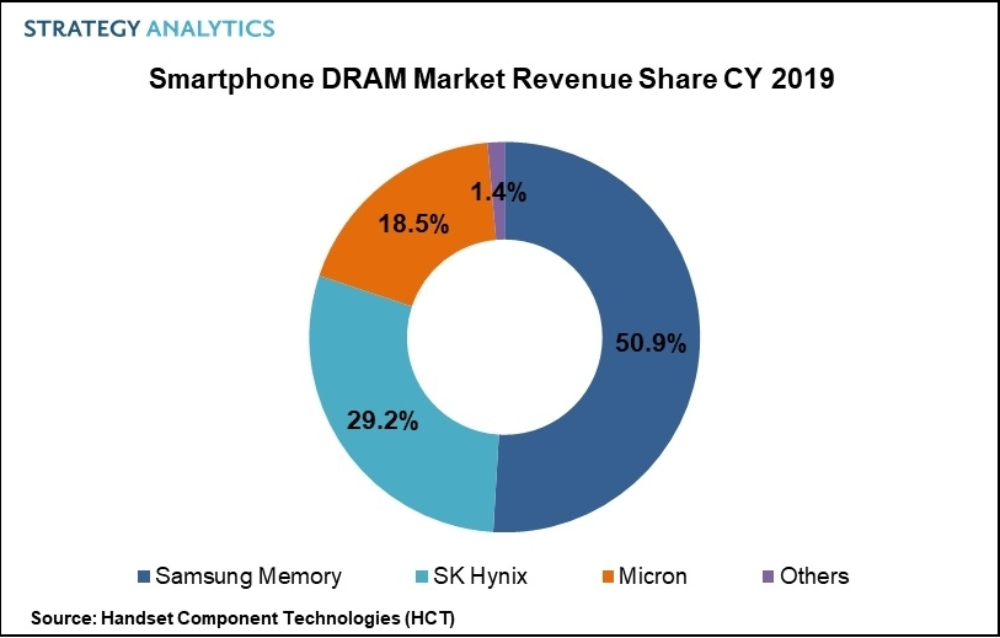According to the latest forecasts from Informa Telecoms & Media (www.informatandm.com), the global online-video market will be worth US$37 billion in 2017, driven by the popularity of services like Netflix and YouTube.
This figure is made up of the three key video-revenue streams of advertising, subscriptions and transactions. Despite the market maturing, advertising will continue to be a larger revenue generator than subscriptions in 2017, as it is in 2012.
Online video remains a small, but growing, proportion of total TV and video revenues. Informa estimates that it will account for 8% of such revenues by 2017. By the end of the decade, if current growth rates continue, it will account for over 10% of revenues. However, its value in the market today is concentrated among only a few players.
“It’s clear that online video, today, is worth much more than the digital cents and dimes of yore, and is attracting real, and growing, revenue,” says Giles Cottle, principal analyst and author of “OTT Video Revenue Forecasts” at Informa Telecoms & Media. “But this value is concentrated around a select few players. We estimate that Apple, Google, Netflix and the global broadcasters (including Hulu), combined, account for about 70% of all online video revenue today– so if you aren’t one of these players, then the chances are you aren’t making a great deal of money from online delivery today.”
As well as a growth in consumption, revenues will be driven by publishers and operators monetizing content on devices beyond the computer, such as tablets and connected TVs. From an advertising point of view, live online video content, which is not being monetized today by most providers, will also drive the market. And pay-TV operators will also have a key role to play.
“The big change to the OTT revenue mix will come when operators start to offer not just low-cost online services, like Sky’s Now TV, but stand-alone online versions of their services that come close, in terms of content availability and price, to their core Pay TV services today,” says Cottle. “Even very modest take-up of these services will completely distort the online video market.”
US dominance of the global market will wane over the next five years, but the US will still contribute over half of all revenues in 2017. The US accounts for approximately 75% of revenues today, but that will drop to less than 60% in 2017 as Europe and Asia grow more quickly. Business-model wise, advertising will still be the largest revenue stream in 2017, as it is in 2012.



